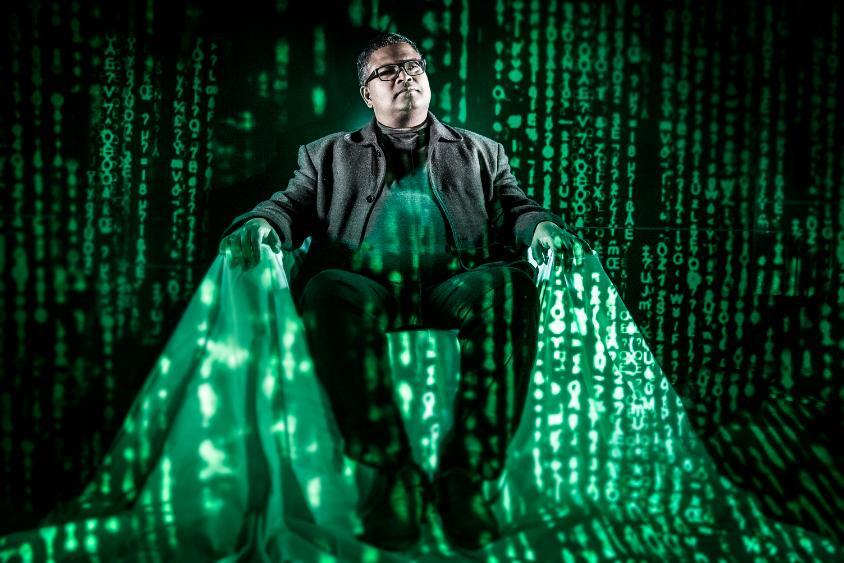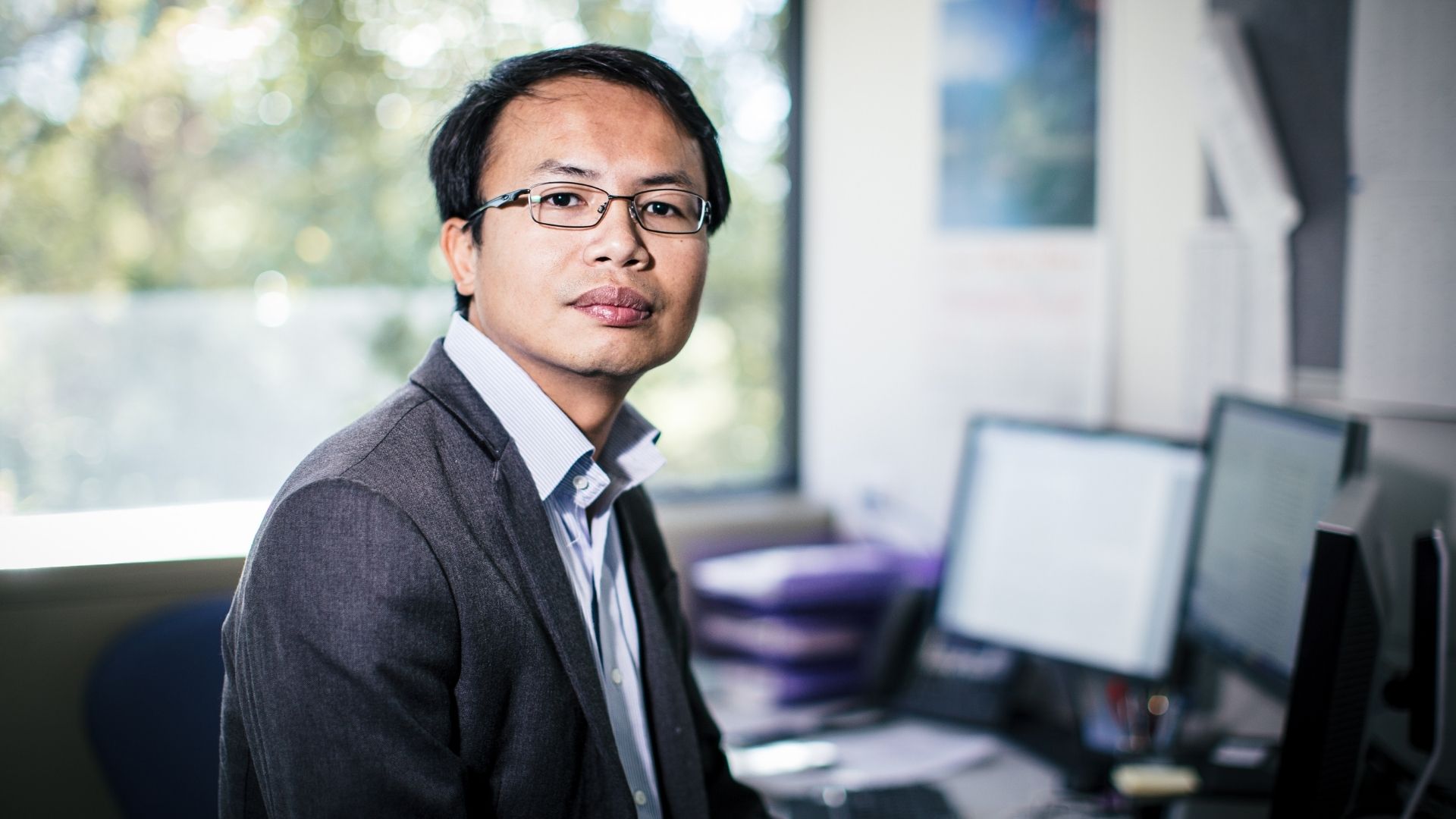September 28, 2021
Funding boost for МмГАґ«ГЅapp researchers providing AI-driven cyber solutions for Defence
Two national security projects awarded $1.8 million Next Generation Technologies Fund grants.
Cyberattacks are one of the greatest existential threats to Australia’s national security, economy and society.
Two University of МмГАґ«ГЅapp (МмГАґ«ГЅapp) projects have been awarded a share of $1.8 million funding through the Next Generation Technologies Fund (NGTF) scheme, which supports collaboration between researchers, industry and the Defence Science and Technology (DST) Group to research emerging and future technologies to safeguard Australia.
In recent years, there have been significant increases in targeted cyberattacks to Australian government agencies and research centres and cyberthefts of intellectual property, trade secrets and privacy information against Australian organisations and individuals.
Researchers from the , an interdisciplinary research team from the Faculty of Engineering and Information Sciences, will collaborate across two research projects to inform Defence of the potential benefits and practical limitations of cyber technologies.
Since its inception in 1998, МмГАґ«ГЅapp’s Decision Systems Lab has pioneered a range of innovative AI applications across clinical, business, supply chain and Defence applications.
Autonomic Cyber Resilience and Antifragility
The Autonomic Cyber Resilience and Antifragility project will research and develop trusted autonomous systems to address the threats presented by information and communications technology and vulnerabilities within cyber systems.
The project is a collaboration between the University of МмГАґ«ГЅapp (МмГАґ«ГЅapp), Swinburne University, and governmental and industry bodies, CSIRO Data61, and Defence Science and Technology Group (DSTG).
The project has received a grant of $1,157,100 from the NGTF scheme. Associate Professor Hoa Khanh Dam, from the School of Computing and Information Technology, and Associate Director for the Decision System Lab, will lead the МмГАґ«ГЅapp research team, focusing on the intersection of Software Engineering and Artificial Intelligence (AI).
“As cyberattacks become more powerful and sophisticated, cyber defence systems need to be antifragile, meaning that they can not only automatically recover from adversarial attacks, but also evolve and improve themselves to become even more robust as a result of those attacks,” Professor Dam said.
“The aim is to develop cyber resilience, the ability to fight-through adverse events caused by accidental or intentional means, into cyber defence systems and infrastructures operating in complex and contested environments.”
The МмГАґ«ГЅapp team will leverage and develop a wide range of AI technologies to build those critical self-adaptation and self-improvement capabilities for the next-generation cyber defence systems.
“There is an existing autonomic cyber resilience framework called AWaRE, developed by researchers from Swinburne University, CSIRO Data61 and DSTG. We will extend this framework with a number of capabilities which support self-improvement, including adversary modelling, adversarial search, machine learning and reasoning capabilities,” Professor Dam said.
The opportunity to work with government and Defence partners in this project will “help translate research findings into practice and make real impact”, he added.

Decision Systems Lab Director Professor Aditya Ghose will lead the МмГАґ«ГЅapp team aiming to develop an innovative goal reasoning technology that can be applied to cyber security for Defence.
Rapid Situation Awareness using Network Knowledge and AI Reasoning
Decision Systems Lab Director will lead the МмГАґ«ГЅapp team aiming to develop an innovative goal reasoning technology that can be applied to cyber security for Defence and beyond.
“This is the first application of intelligent agent technology, and specifically the set of techniques that are commonly characterised as goal reasoning techniques, to formulating extremely fast real-time responses to cyber security threats,” Professor Ghose said.
The speed of response required often exceeds the capabilities of other more widely used AI techniques.
“A goal is a specification of the intent of an intelligent agent. It provides a useful abstraction because a goal admits multiple means of realisation and intelligent agent technology allows rapid switching between goals as a cyber-threat evolves,” Professor Ghose said.
The project is collaboration between the University of МмГАґ«ГЅapp (МмГАґ«ГЅapp), University of South Australia and the University of Adelaide.
The МмГАґ«ГЅapp team will focus on goal reasoning, while the other universities will focus on the details of the cyber-threats and the software engineering aspects of the resulting system.
“We expect to develop goal reasoning technology that can be applied in a range of other cyber security settings, and indeed in any other setting where fast context-sensitive responses are required,” Professor Ghose said.
The project has been awarded a grant of $704,000 from the NGTF scheme.
Main photo: Associate Professor Hoa Khanh Dam, from the School of Computing and Information Technology and Associate Director for the Decision System Lab.
